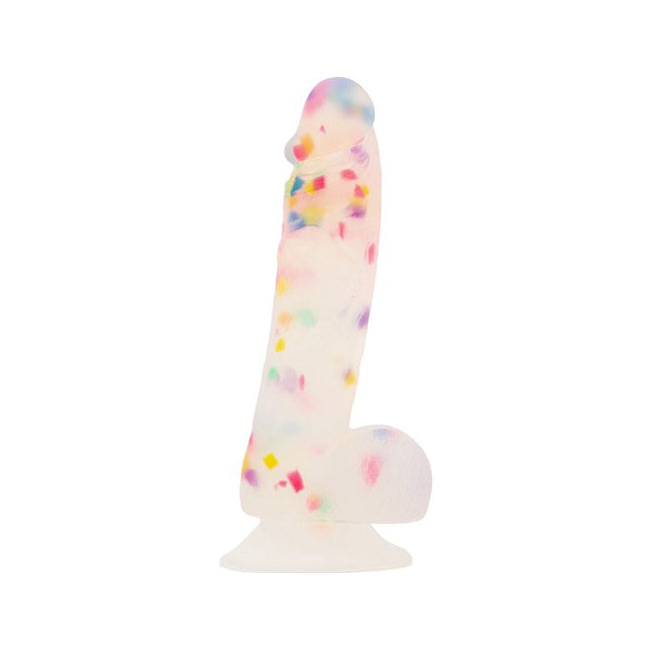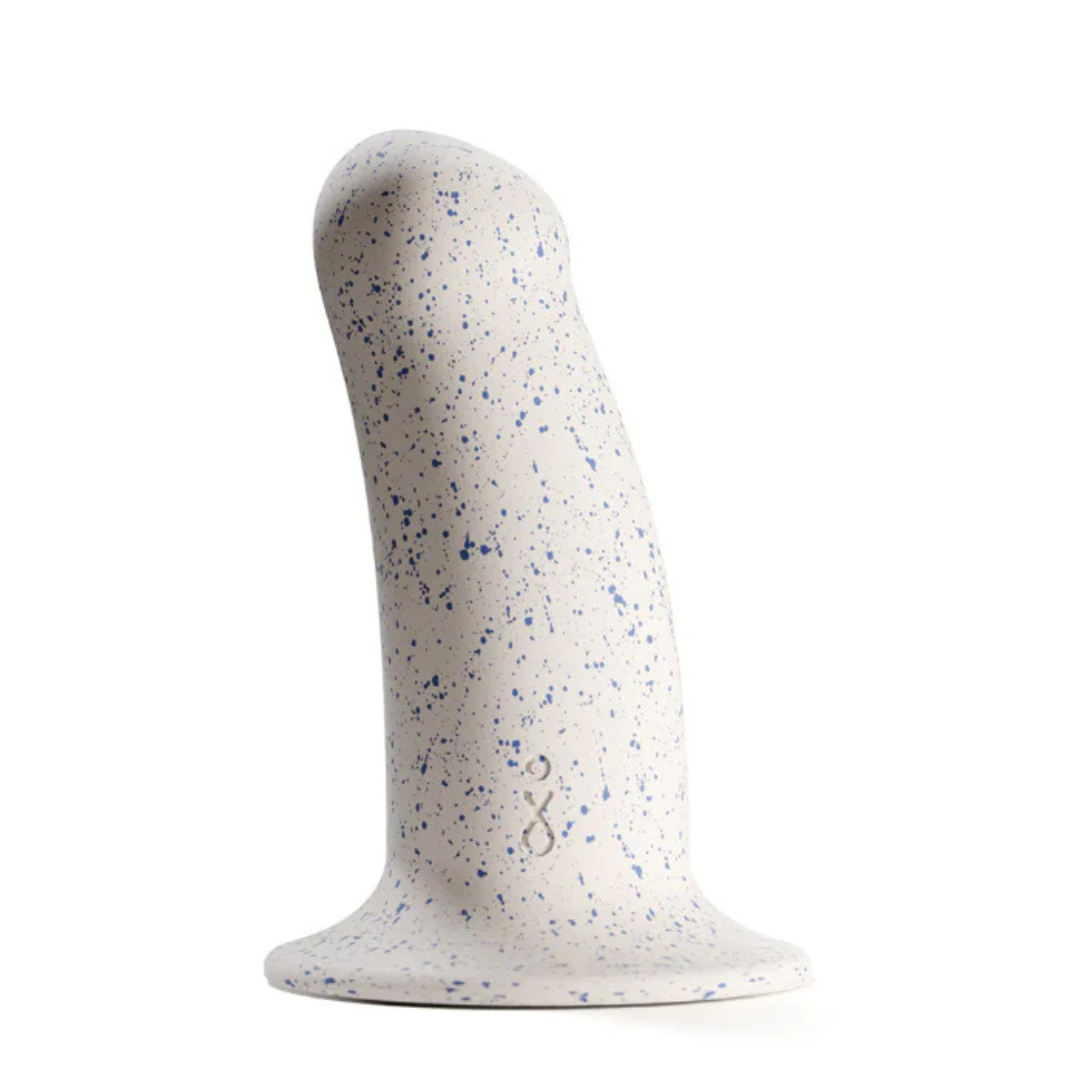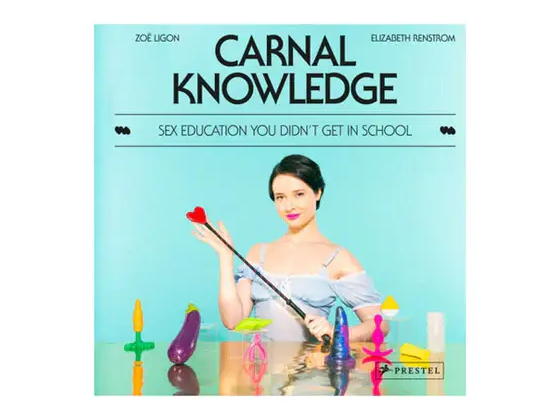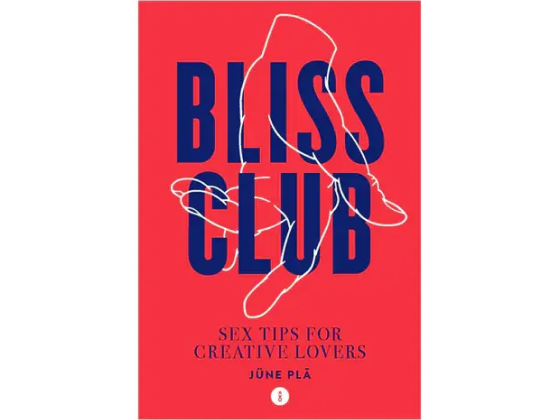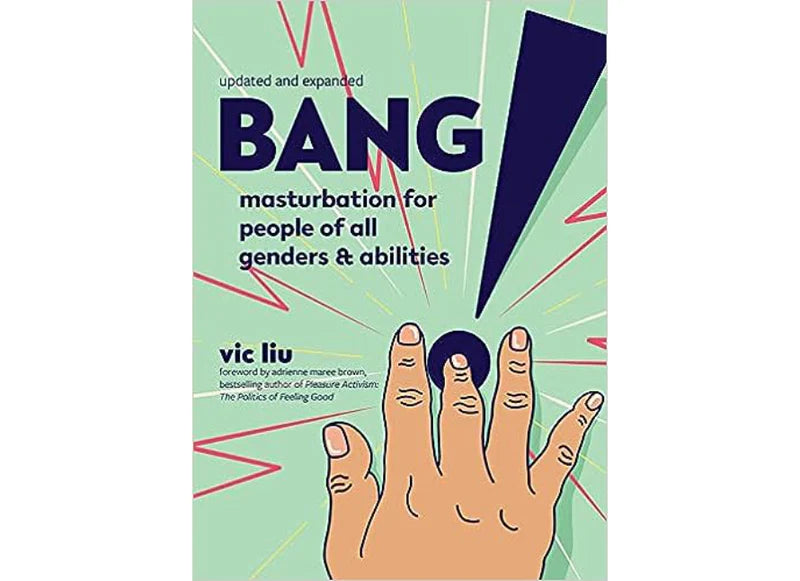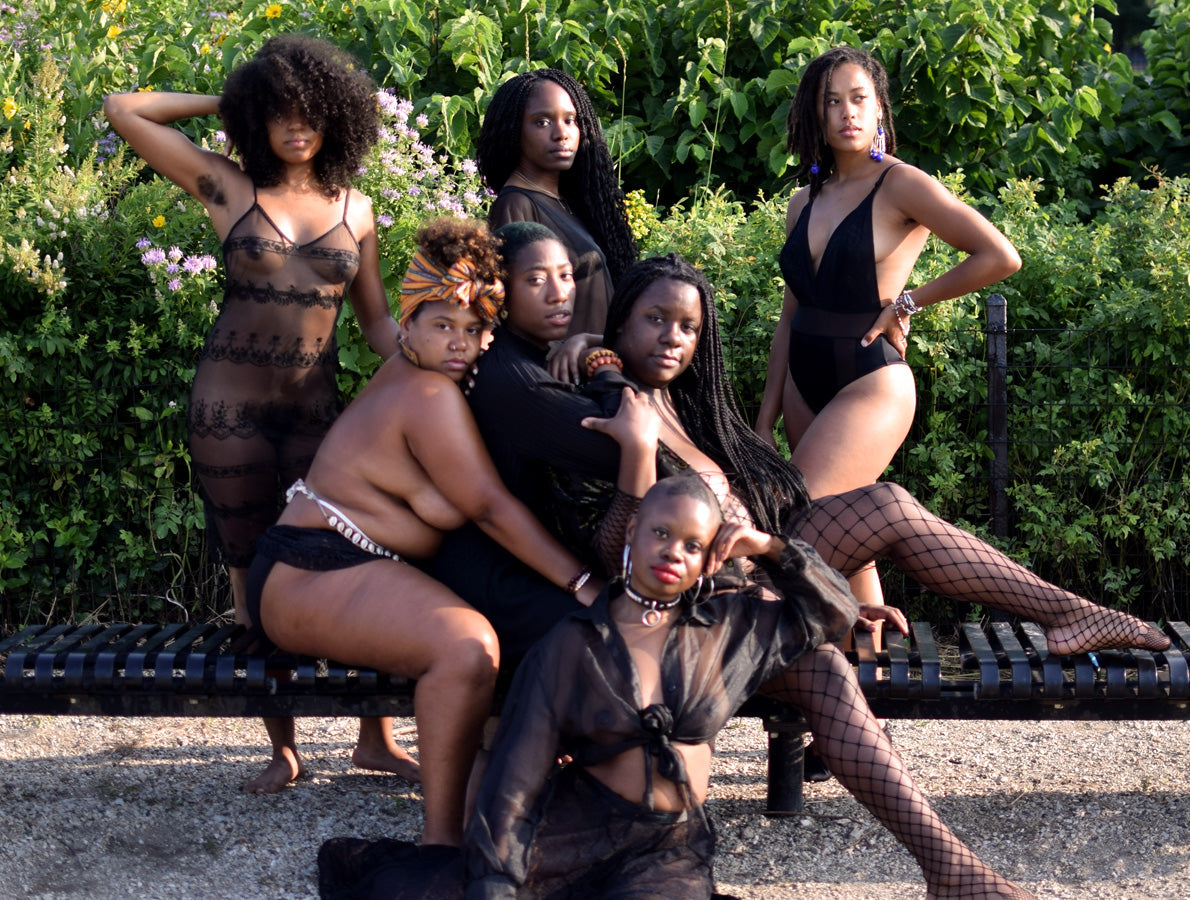sex KiKi and Spectrum Boutique have teamed up to bring you real life tea in the format of an advice column. sex KiKi is a sex-positive pop-up forum centering Black queer womxn and femmes pleasure and sexual wellness. We are blooming into a sex-positive multimedia sanctuary to holistically activate erotic arts, culture and education.
We are committed to sharing our journey as we awaken our purpose as pleasure activists based in real life learning and yearnings from our interpersonal relationships, in hopes to enrich the lives of our community. We are continuously exploring ways to understand ourselves, others, and reimagine the world through collaboration and honest sharing — as complicated as that can be. This advice column leverages the insight of the sex KiKi collective.
Check out sex KiKi’s bulletin, our online publication for more!

Q. Let’s talk about sex (positivity): Any advice on how to create space for sex-positive conversations with family? For example, I would love to able to talk to my family about consent. What is the best way to make sure that these conversations are productive?
Nicole (impact & outreach): Great question! This process begins with honoring everyone’s level of comfort around the topic. Respecting consent also means respecting someone’s right to opt-out if they decide that they don’t want to be involved in the conversation. However, if your family is open and receptive to conversations about sex positivity, there are resources to assist in this process. October is “Let’s Talk Month,” an initiative started by Advocates for Youth that highlights the importance of families discussing sex. There is a website, Sex Positive Families, that has resources and a reading list to help encourage the conversation. When you are ready to talk to your family, making sure everyone is in an environment where they are comfortable, like the dinner table or while your family is watching television. TV can actually be used as a tool to help start/fuel the conversation, using characters from a TV show or a story that has come up on the news involving sexuality or consent.
Q. Educate not alienate: I’m in a relationship and lately, I’ve been thinking about broaching the topic of polyamory with my partner. The only problem is they don’t know what it means. How do I educate without alienating them?
Jenna (executive producer/ director): Hey there! First off, all praise to you for exploring and contemplating different ways to express yourself and your love with your partner! I think for me, the best way to start off the conversation about polyamory with someone who doesn’t know what it means is to say that it has nothing to do with them lacking anything at all, but EVERYTHING to do with the power of yourself, your autonomy and the way that you love in the world. I think reassuring words like this can go a long way and can eliminate the feelings of alienation. I also realize that sometimes I can get TOO excited about polyamory and that can feel alienating to someone that has no clue what it means. So, I like to go slow, offer patience, and space. Offer books like the Ethical Slut (the latest version because it talks about being BLACK and poly) highlight parts in chapters that really resonate with you and then meet back and let them talk about what poly means for them now that they had some time to discover it on their own. At the end of the day, polyamory is different from relationship to relationship and person to person, and with that constant reassurance, you can really offer your partner space to play, discover, and feel good and covered.
Ashabi (social media coordinator): Polyamory can be one of those things that can either completely scare someone away, or get them really excited. Both parts can lead to an unstable relationship, one based off insecurities (“Oh, why am I or my love not enough for them”) and selfishness (“I’m going to do XYZ and they can’t be upset because they’re PROBABLY doing it too”) When in reality, polyamory doesn’t revolve around any of those things and should start off with a discussion first. Polyamory is based on love, and that isn’t inherently sexual. When entering the realm of multiple partners, you need to have a conversation about what that looks like for yourself, and for your primary partner if that’s the poly style you are exploring.
Both of you should be able to sit and express those feelings/questions you have so that when you do find other people who your heart/body gravitate to, you both feel comfortable sharing that with each other instead of feelings of animosity. Spend a day with one another and locating resources that will help them – and maybe you – understand why this is something people do, how they enjoy it, how they’re able to thrive. Taking in all, finding the areas that apply to themselves and finding ways so they can better understand how this could be successful for both of you.

Q. It’s a shame: I want to talk about shame. Where did the idea of sexuality being something to be ashamed of come from? How can I shake off shame in my everyday life?
Courtney (video producer): I’m so glad you’re asking because it’s something I have grown up dealing with and am continuing to unlearn. Shame is deep, but at the same time, it’s just an illusion. A psychologist named Adam Philips said, “shame is the illusion that we can hide anything.” In other words, self-deception. Kinda harsh but it’s true when we think about something like sex. We crave it, we love it, hell it comes naturally! Yet being sexual risks being seen as promiscuous, slutty, unworthy, and a slew of other false concepts. There is no way we can hide or ‘un-expose’ false concepts that we ourselves didn’t create in the first place. The history of sexual repression is intertwined into religion, politics, socioeconomics, entertainment, and culture at large, shaping our social norms. When ultimately the reality is, we are being in our true nature when we allow ourselves to live sexually liberated.
When I was first experiencing sexual intimacy around 16-17 years old, I struggled to fully enjoy it because my parents would always come to mind (LOL seriously). I would try to kiss and BOOM I’d get a visual of them with their arms crossed, heads shaking in disparagement. I’d start to feel this gut-wrenching guilt that I’d be caught and they’d be ashamed of me, and obviously, that killed the mood. It took several experiences to come to the realization that my parents are human just as I am, and what I do with my body is my choice. The same goes in everyday moments; it takes the conscious choice to prioritize YOUR pleasure over the ideas that were only meant to pull us further away from ourselves. Feed yourself loving affirmations each morning: “I am worthy of my deepest desires.” “I am compassionate and forgiving with myself.” “I choose to free myself from any feelings or thoughts of shame, all that does not serve my higher purpose.”
You are unlearning conditioning that’s existed for ages. Be patient and laugh in the face of shame when you can. Use little moments, perhaps conversations with friends, to practice opening up about an interest or desire that may have brought you shame before. The more you own it, work it, love it, the less that shame can affect your psyche.

Q. Churched: How do I reconcile religion and queerness? In general, how does Christianity affect black femmes?
Jasmine (operations): As simple as this may sound, reconciliation is only possible through honesty. Both queerness (as gender and sexual expression) and religion (spirituality in my terms) are rooted in identity. They both determine the foundation of your life and legacy. The reality is that if religion is in conflict with sexuality, you will have shame. Where there’s shame, there’s always doubt. Doubt about how much of your truth to share. Doubt about sharing your experiences of happiness and community.
Don’t straddle the fence when it comes to your identity. Celebrate and embrace it! Surround yourself with allies that support all aspects of your identity. You deserve to feel complete.
The majority of US members of the African Diaspora were taught Christian values and beliefs. I remember sitting in church and listening to the pastor preach about how you can’t get to heaven as a homosexual. My soul would cringe. As hard as I tried to tune my ears out, I felt ashamed, confused and more importantly unholy, and a sinner within the Christian faith. I have always known that I am a loving and kind being and that through my queerness, my connection with other women, I found space to create a love without shame. My queerness exposed me to more love than I’d experienced from Christians both family and unfamiliar alike. And in spite of my joy, the Christian holy text had defined my love as unacceptable behavior.
I chose to be liberated about my experience of love and I no longer identify as a Christian. I am constantly unlearning Christian beliefs, and values solely because I choose to be a black femme that is liberated and capable of giving and receiving love.

Q. Pleasure principles: How do I decolonize my pleasure?
Joyce (editorial director): Hey! First of all, you should know that this will be an ongoing process. So immediately you can take the pressure off of yourself to unlearn patriarchal colonial mentalities that are tied to sexuality overnight. This can be tough in a world where social value is assigned to certain bodies based on white supremacist, patriarchal and heteronormative ideals, and by extension, this determines who gets to claim desirability, and who gets to experience pleasure. In other words, it’s a lot. You are doing the work to unlearn modes of thinking that have been thought to us since childhood and trying to embrace something different.
Luckily, people like Dr. Zelaika Hepworth Clarke, who I had the pleasure of interviewing in April, has been challenging traditional power structures through their work as a sexuality educator and sexologist. Dr. Clarke came up with a healing model that they call “the auto-sexual decolonization model”? According to them, decolonizing your mind comes first and they were able to accomplish this through embracing mindfulness. They urge us to recognize colonialism, recognize problematic systemic injustices, and then after deconstructing those things, reconstruct them.
“What does sex mean for me? I’m trusting my embodied wisdom to create my own meaning and my own ways of experiencing that without shame, without judgment. All of this is a spiritual process for me.” – Dr. Clarke


